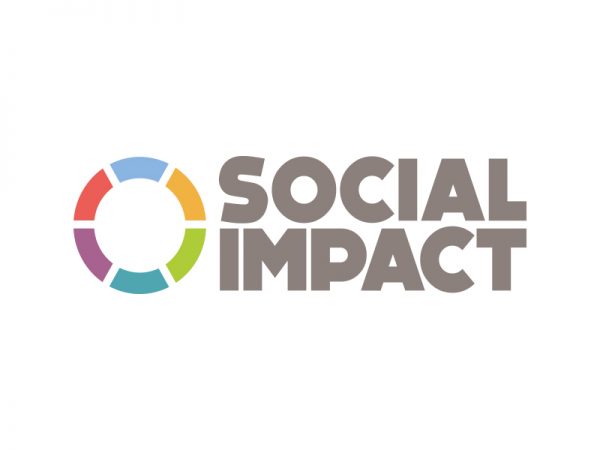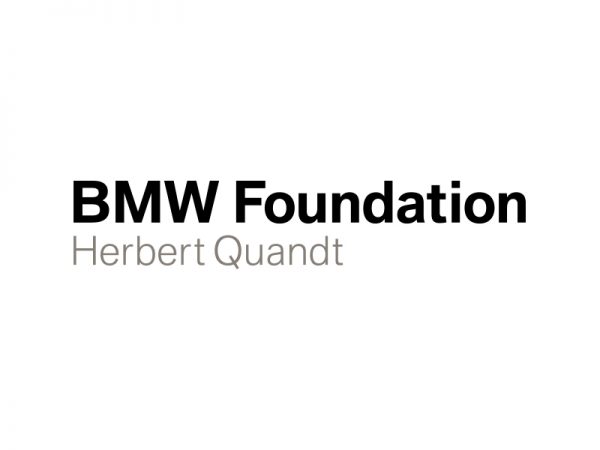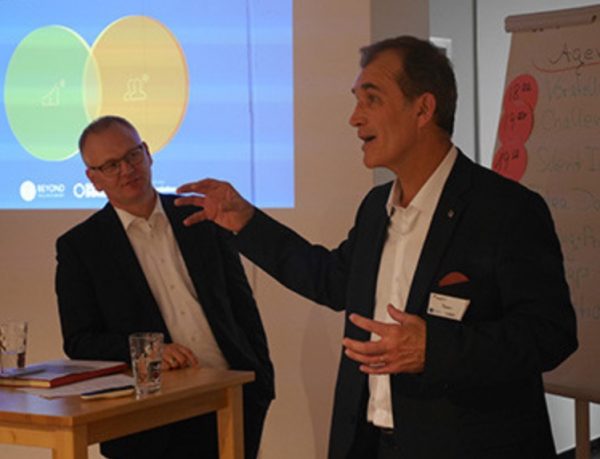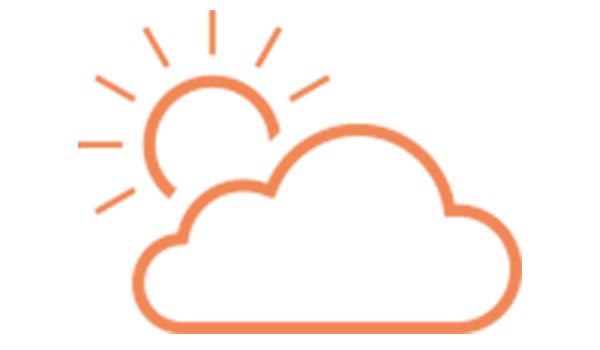VALUE²
Social Innovation for Business and Society
Together with Social Impact, and supported by the BMW Foundation Herbert Quandt, we have released a study that gives inspirations for companies to adopt the Base of the Pyramid (BOP) concept in Germany.
Contact
-
Michael Alberg-Seberich
Managing Partner
Wider Sense GmbH -
Norbert Kunz
Managing Director
Social Impact -
Katharina Hug
Business Development
Social Impact







